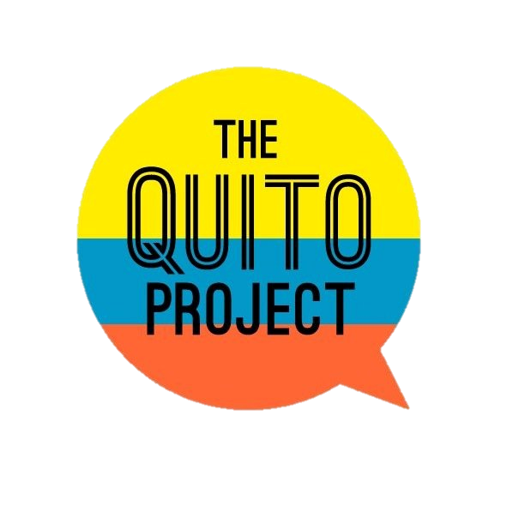What are the different components?
The Quito Project (TQP) currently offers projects based in education, as well as healthcare. But this project is open to students from any field interested in publiv health.
The education component is a joint student initiative from the University of Michigan and La Universidad de San Francisco de Quito. Volunteer tutors from both universities will work together to run a summer tutoring program for primary school students. Tutors are responsible for lesson planning and classroom management and will improve their Spanish language skills throughout the course of the program. The education component tutors will teach mathematics, Spanish reading comprehension, English vocabulary, and leadership skills. The healthcare component which was recently added during the Summer 2023, consists of incorporating nutritional, health, and dental hygiene content to the curriculum. As well as actively incorporating the information through interactive learning.
Who is eligible to apply?
All current students at the University of Michigan are eligible to apply. All majors are welcome. Please note that TQP requires its participants have some level of Spanish proficiency. We recommend that applicants have completed at least 3 semesters of university level Spanish courses or the equivalent. Typically, this corresponds to SPANISH 232 or RCLANG 294. Please note that not being proficient in spanish will hinder you from being involved in the organizations. You can help with curriculum building, and fundraisers, and local public health pursuits The Quito Project partakes in.
The education component favors applicants who have a passion for education and past experience with children.
When does the trip take place?
While specific dates vary from year to year, the education component last from 2-4 weeks(dependent on the year). The summer 23' cohort was a three week period. The camp takes place during the month of July.
Is there monetary compensation? Will I receive university credits?
TQP is a nonprofit volunteer based organization, so there is no monetary compensation. Students can apply for various grants and scholarships to cover the cost of the trip through LSA, the Honors Program, the Residential College, etc.
Students from the University of Michigan can now recieve university credits through the Center for Latin American and Carribbean studies for their participation in The Quito Project, but it is crucial you check with your program to ensure your specific major accepts this project as credit for a specific requirement.

